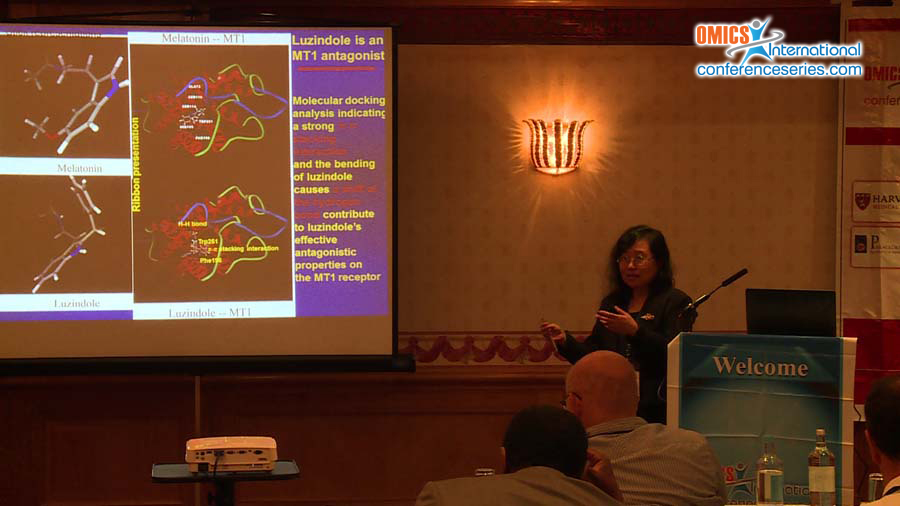
Xin Wang
Brigham and Women’s Hospital/Harvard Medical School, USA
Title: Identification of Melatonin Receptor 1A Agonists as Neuroprotective Agents in Experimental Models of Ischemic Injury
Biography
Biography: Xin Wang
Abstract
The identification of neuroprotective agents for stroke remains elusive. We therefore test whether melatonin receptor 1A agonists melatonin, N-acetyl-serotonin (NAS), and ramelteon are neuroprotective in experimental models of ischemic injury. We demonstrate that melatonin, or NAS, or ramelteon inhibits cell death induced by oxygen-glucose deprivation or H2O2 in primary cerebrocortical neurons and primary hippocampal neurons in vitro, and organotypic hippocampal slice cultures ex vivo. We further found that melatonin and NAS reduce hypoxia/ischemia injury in the middle cerebral artery occlusion mouse model of cerebral ischemia in vivo. Our data show that melatonin and NAS are neuroprotective by inhibiting the mitochondrial cell death pathway including the inhibition of the release of apoptogenic factors cytochrome c, Smac, and apoptosis-inducing factor from mitochondria to cytoplasm, and activation of caspase-3, -9. Furthermore, pro–IL-1ï¢ processing, and activation of caspase -1 are evaluated in melatonin-mediated neuroprotection. Moreover, we demonstrate that the neuroprotective effects of NAS may result from the influence of mitochondrial permeability transition pore opening, mitochondrial fragmentation, as well as the suppression of the autophagic cell death pathway under stress conditions by increasing LC3-II and Beclin-1 levels and decreasing p62 level. Taken together, we conclude that melatonin receptor 1A agonists melatonin, NAS, and ramelteon have the potential as the novel therapies for ischemic injury.
Speaker Presentations
Speaker PDFs
Speaker PPTs Click Here

